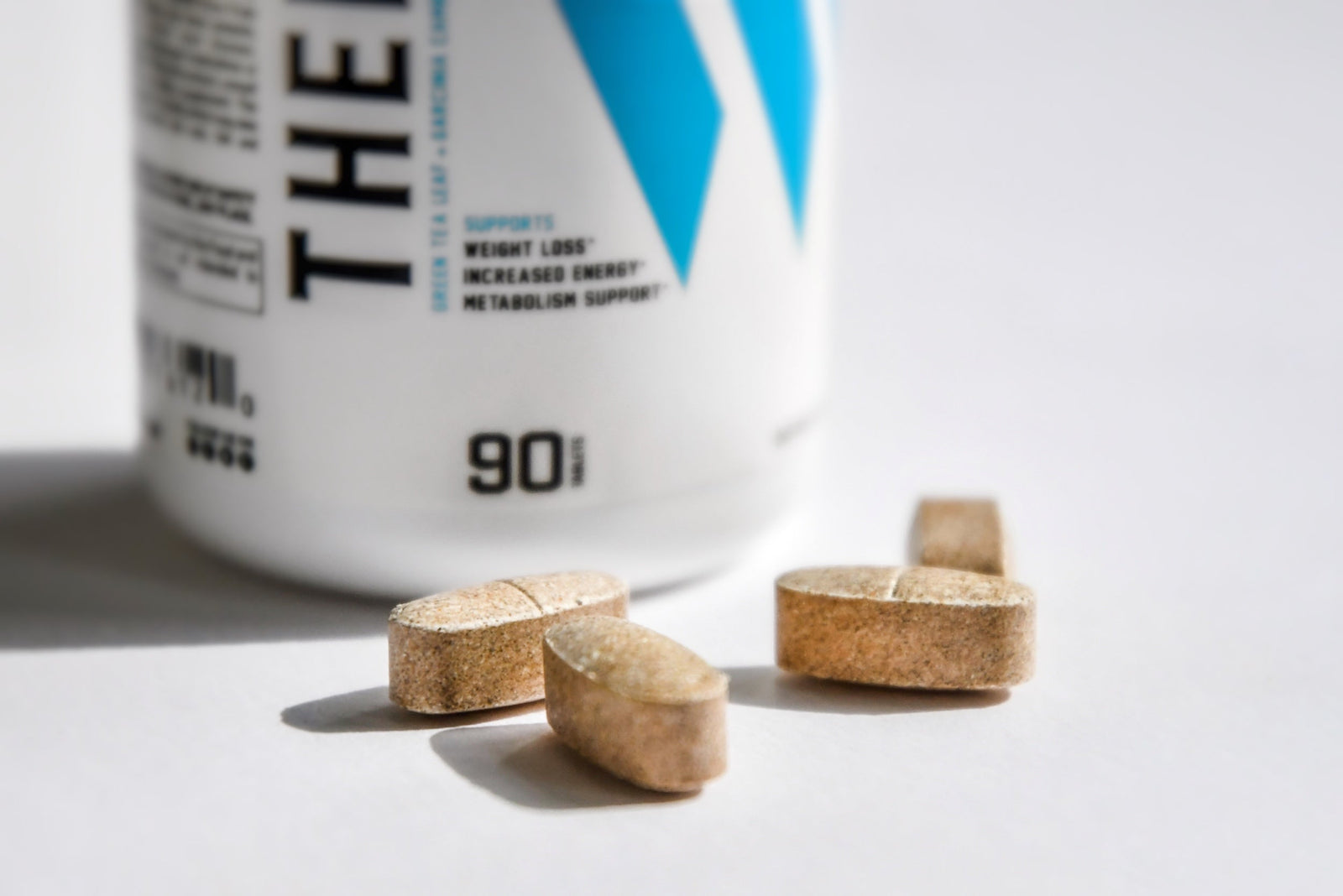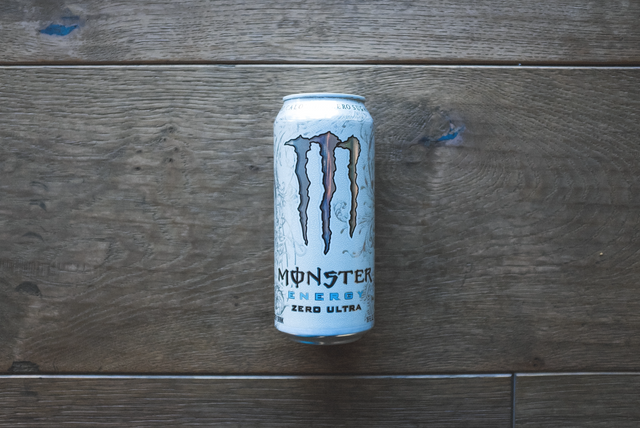If you're feeling stuck in your weight loss journey—even when you're eating clean, hitting the gym consistently, and staying disciplined—Garcinia Cambogia might be worth your attention. This natural supplement has gained traction for its potential to support fat loss, appetite suppression, and metabolic health.
But what exactly is Garcinia Cambogia? How does it work? What does the science say? Let’s break down everything you need to know so you can decide if this tropical fruit extract deserves a place in your fat-burning stack.
What Is Garcinia Cambogia?
Garcinia Cambogia is derived from the rind of the Garcinia gummi-gutta fruit, a small green-to-yellow pumpkin-shaped fruit native to India and Southeast Asia. It has a sour flavor and is often used in regional cooking, particularly in curry dishes.
What sets Garcinia Cambogia apart in the supplement world is its high concentration of hydroxycitric acid (HCA)—a natural compound believed to support weight loss by regulating fat production and suppressing appetite.
Reference: Semwal et al., 2015 – Evidence-Based Complementary and Alternative Medicine
How Does Garcinia Cambogia Work?
Garcinia Cambogia primarily works through the action of its active compound, hydroxycitric acid (HCA). Scientific studies suggest HCA helps with weight loss via two main mechanisms:
1. Inhibiting Fat Production
HCA inhibits the enzyme ATP-citrate lyase, which the body uses to convert excess carbohydrates into fat. By blocking this enzyme, Garcinia Cambogia may reduce lipogenesis (fat creation).
Reference: Ohia et al., 2002 – Molecular and Cellular Biochemistry
2. Suppressing Appetite
HCA is also shown to increase serotonin levels in the brain. Serotonin is a neurotransmitter involved in regulating mood, stress, and appetite—and higher levels are linked with reduced food cravings and emotional eating.
Reference: Preuss et al., 2004 – Nutrition Research
What Are the Benefits of Garcinia Cambogia?
1. Weight Loss Support
One of the most well-documented benefits of Garcinia Cambogia is its support for weight loss and body fat reduction.
In a 6-month prospective clinical trial published in the Journal of Complementary and Alternative Medicine, 214 overweight participants were given 500 mg of Garcinia Cambogia twice daily. The study showed statistically significant reductions in:
-
Body weight
-
Fat mass
-
Visceral fat
-
Blood glucose and lipid levels
-
Increased basal metabolic rate
Reference: Onakpoya et al., 2011 – Journal of Obesity
2. Appetite Suppression
If emotional eating or food cravings are sabotaging your progress, Garcinia Cambogia may help. By increasing serotonin, HCA improves mood and helps regulate appetite—particularly under conditions of stress or depression.
Serotonin is produced from the amino acid tryptophan and heavily influences mood, impulse control, and eating behavior. Higher serotonin levels are associated with lower food intake and reduced calorie consumption.
Reference: Halford et al., 2005 – Appetite
3. Improves Cholesterol Levels
Animal and human studies suggest Garcinia Cambogia may also have beneficial effects on blood lipids.
A study published in the Journal of Clinical and Diagnostic Research demonstrated that Garcinia Cambogia reduced LDL (bad cholesterol) and raised HDL (good cholesterol) in rats. While human data is still developing, these findings support Garcinia’s potential for cardiovascular health.
Reference: Roongpisuthipong et al., 2007 – JCDR
Garcinia Cambogia Dosage
Dosing varies by product and goal, but most research supports the following:
-
HCA content: Look for a supplement with at least 50% HCA, ideally standardized.
-
Effective dose: 500–1,000 mg taken 2–3 times per day, 30–60 minutes before meals.
-
Duration: Most studies show best results with continuous use for 8–12 weeks.
Always follow manufacturer instructions and consult a healthcare provider before starting supplementation.
Risks and Side Effects of Garcinia Cambogia
While Garcinia Cambogia is generally considered safe for most healthy individuals when used in appropriate doses, there are potential side effects and safety considerations—especially when taken in high amounts or for extended periods.
1. Gastrointestinal Issues
Some users may experience digestive discomfort, including:
-
Nausea
-
Stomach cramps
-
Diarrhea
-
Gas or bloating
These symptoms are often dose-dependent and can be mitigated by taking Garcinia Cambogia with food or lowering the dose.
Reference: Kim et al., 2011 – Evidence-Based Complementary and Alternative Medicine
2. Headaches, Dizziness, or Dry Mouth
Mild neurological symptoms like headaches, lightheadedness, and dry mouth have been reported by users, although these side effects are not common in clinical trials. If these occur, discontinue use and consult your physician.
3. Potential Liver Toxicity (Rare, But Notable)
There have been a few case reports of hepatotoxicity (liver damage) associated with Garcinia-containing products, especially those with multiple ingredients or contaminated supplements. These cases are extremely rare but raise concerns about long-term use or combining Garcinia with other liver-stressing compounds.
Reference: Corey et al., 2016 – World Journal of Gastroenterology
To reduce risk:
-
Choose high-quality, third-party tested supplements
-
Avoid combining with other fat burners or herbal extracts without clinical safety data
-
Do not exceed the recommended dose
4. Drug Interactions
Garcinia Cambogia may interact with certain medications, including:
-
Antidepressants (SSRIs and MAOIs): Because HCA may influence serotonin levels, combining it with medications that also affect serotonin could increase the risk of serotonin syndrome—a potentially serious condition.
-
Diabetes medications: HCA may help lower blood glucose, which could cause hypoglycemia when used alongside insulin or other glucose-lowering drugs.
-
Statins and cholesterol meds: Preliminary evidence suggests Garcinia might alter lipid metabolism, which could interfere with some lipid-lowering therapies.
Always speak with a healthcare provider if you are taking any prescription medications or have a pre-existing health condition before starting Garcinia Cambogia.
5. Not Recommended For Certain Populations
Garcinia Cambogia is not recommended for:
-
Pregnant or breastfeeding women
-
Children under 18
-
Individuals with liver disease, kidney disease, or serotonin sensitivity
-
Those taking psychiatric or blood sugar-lowering medications
Should You Take Garcinia Cambogia?
If you’ve hit a plateau or are struggling with cravings, stress eating, or slow fat loss, Garcinia Cambogia could be a smart addition to your regimen. While it's not a magic pill, when combined with a balanced diet, caloric control, and consistent training, it may help:
-
Improve body composition
-
Reduce emotional eating
-
Accelerate metabolic rate
-
Boost fat oxidation
That said, results will vary based on your individual body, lifestyle, and consistency. Supplements like Garcinia Cambogia work best as support tools, not shortcuts.
Next step: If you're unsure where to start, focus on dialing in your nutrition and training plan. Then, consider adding Garcinia Cambogia as part of a structured fat loss stack.
🔗 RELATED ARTICLE: 5 Simple Steps on How to Create the Best Diet Plan





